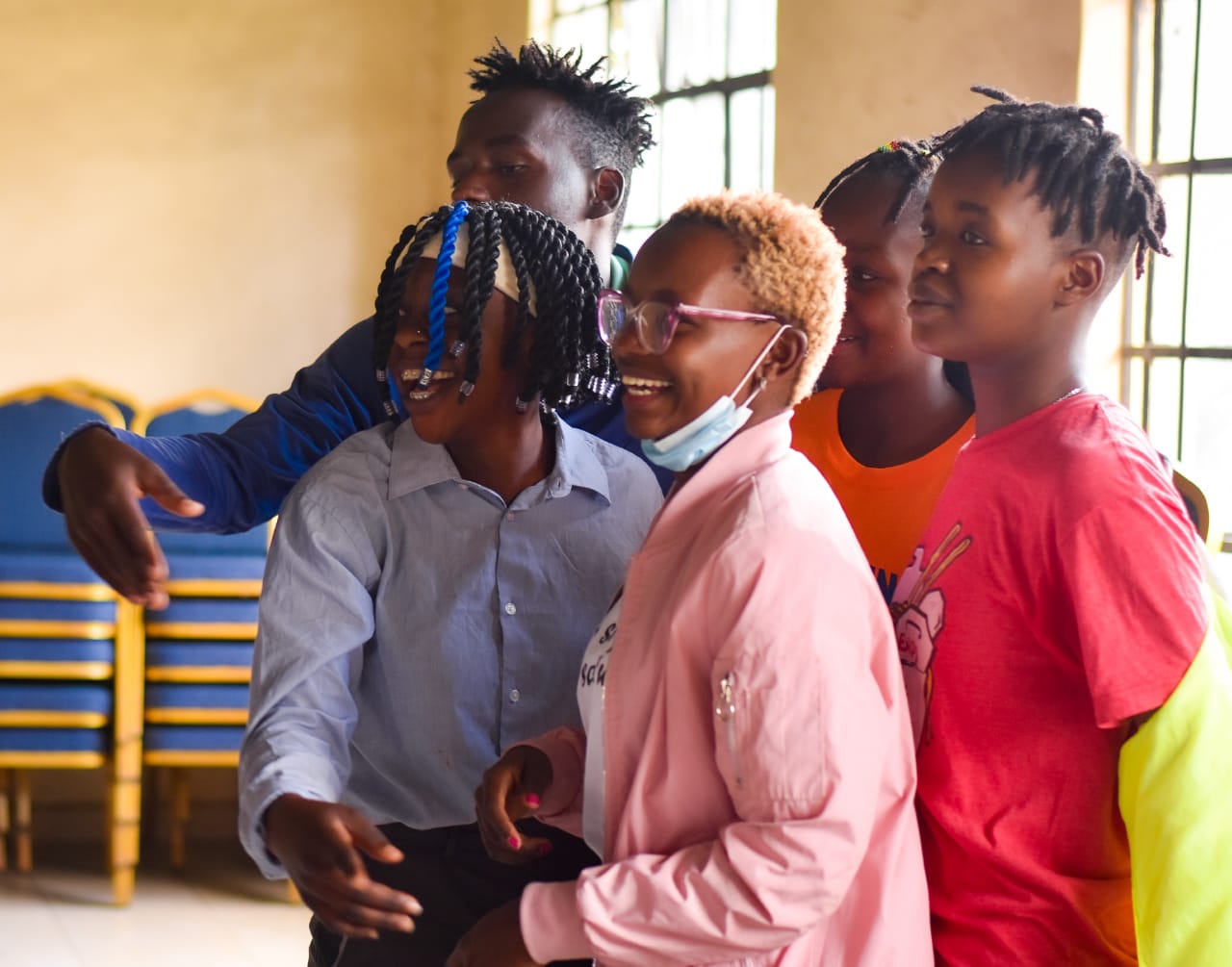East Africa, Performing Arts, Post-war Reconciliation, Trauma Healing

Using multiple theatre techniques, The Amani People’s Theatre (ATP) prevents individuals at risk of radicalisation from being recruited into or joining violent extremist groups in Kenya. They are doing this through dialogue forums by bringing together landlords, tenants and government representatives in an open platform to address the conflicts related to land ownership. The project “Changing the violent extremism direction through theatre” also enhances community adoption and ownership of alternative dispute resolution mechanisms based on restorative justice principles.
The conflict in Kenya's Rift Valley is rooted in a complex interplay of historical, political, ethnic, and economic factors. The region consists of numerous ethnic groups, including the Kikuyu, Luo, Luhya, Kalenjin, and Maasai, among others. This diversity has historically led to competition for resources and political power. Moreover, historical land disputes are a significant factor in the conflict. Colonial-era land policies and subsequent post-independence land reforms have often left land ownership and access unevenly distributed among different ethnic groups. This has created tensions over land rights and land grabs.

Drama therapy as a space for artistic expression, healing and developing mutual understanding
Storytelling workshops as spaces for dialogue and engagement with the community through listening
Theatre techniques, combined with indigenous African theatre forms, provide a unique and culturally-relevant approach to peacebuilding, mostly because they refer to and draw on local culture and traditions


Project contributes to conflict transformation through promotion of dialogue and understanding among divided groups. It encourages the transformation of anger and other emotions through artistic expression using theatrical techniques, allowing individuals to delve into the complexities of their conflicts.

Impact in the community is seen in trained participants who used theatrical techniques learned through the project, but who also developed their own mechanisms, transferring the knowledge and skills to the new community members.

If we find people who have imagined the community as champions, in a community that was so scared, it's a huge result.
